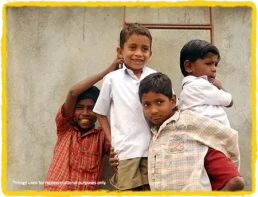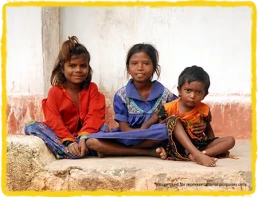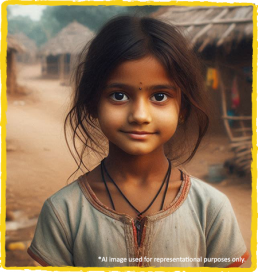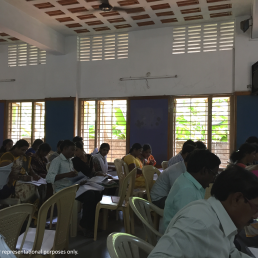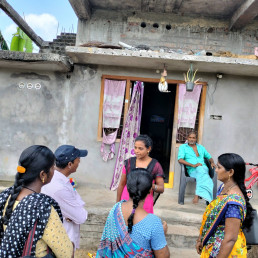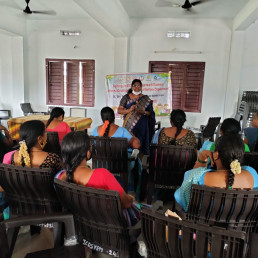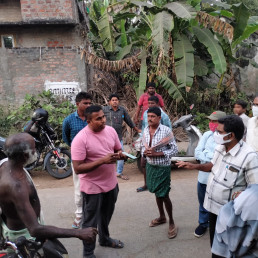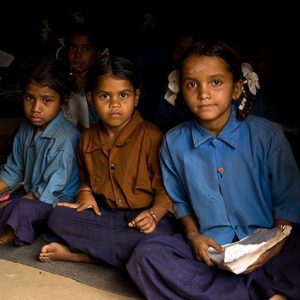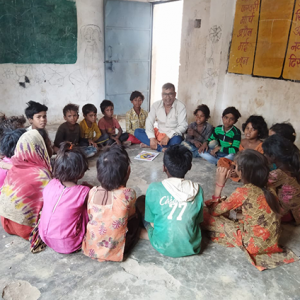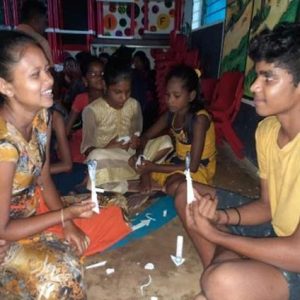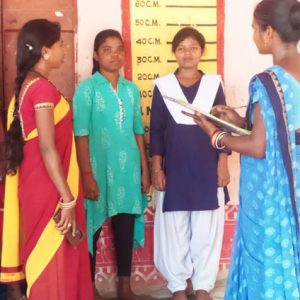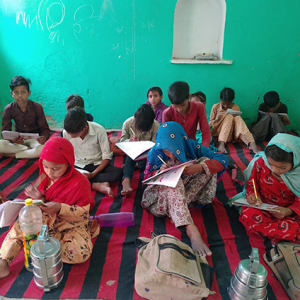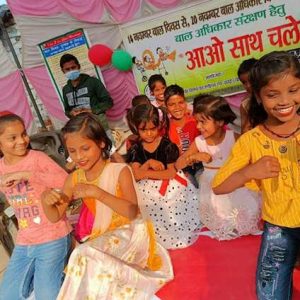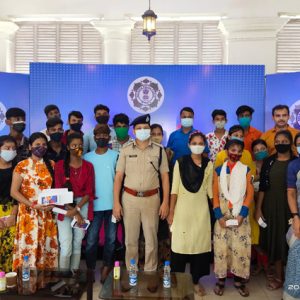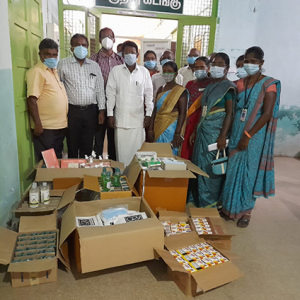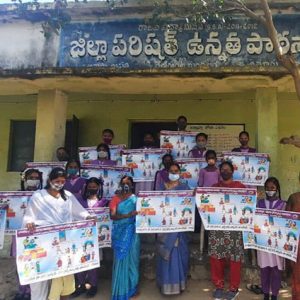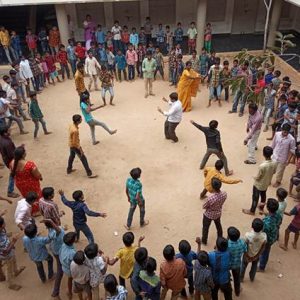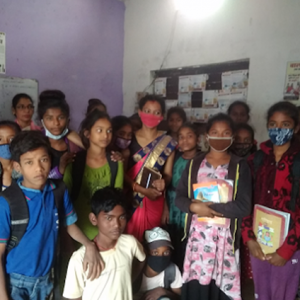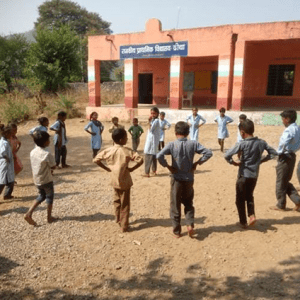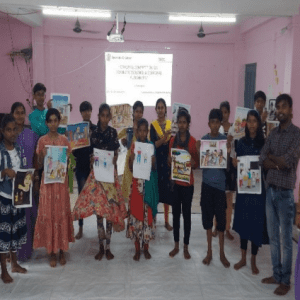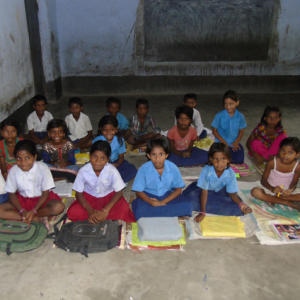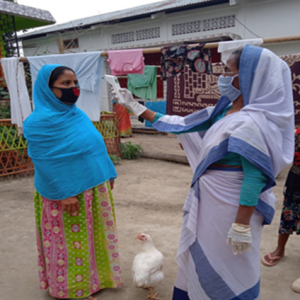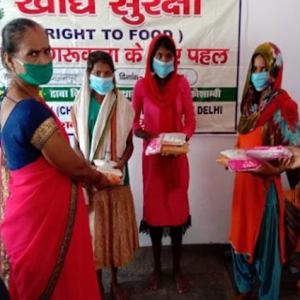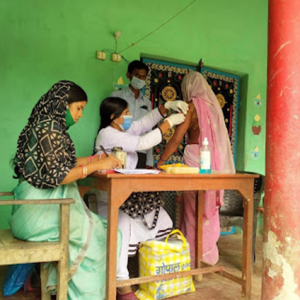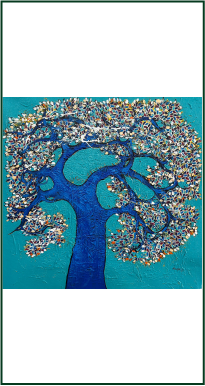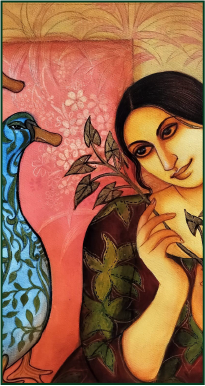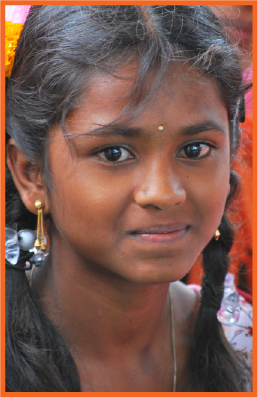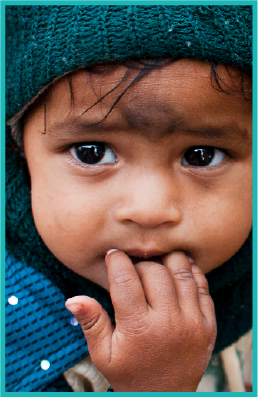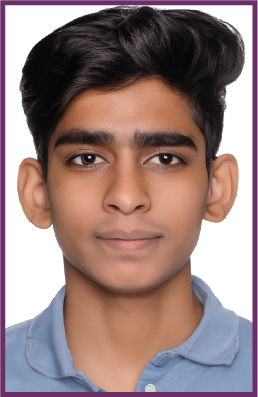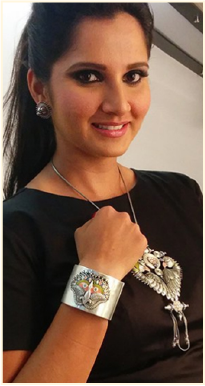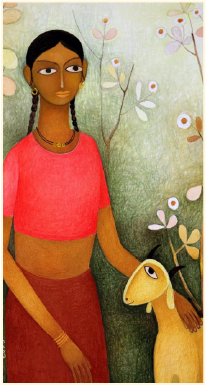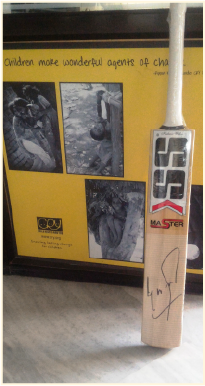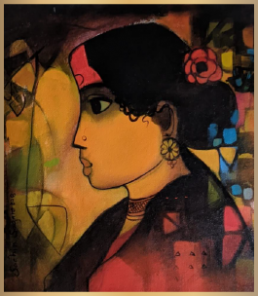Campaign Story
About the project
The Datia district of Madhya Pradesh has a predominantly tribal population. Unlike urban dwellers, this community is unaware of their human rights and frequently faces resource constraints that impact their ability to live a healthy life. Low-income levels, food scarcity, inadequate sanitation facilities, and lack of healthcare access are compelling factors contributing to malnutrition and anaemia among the women and children of Datia. 60% of pregnant women are anemic, leading to high-risk pregnancies. Elevated rates of child and maternal mortality are alarming concerns for this district.
Making a difference
CRY America Project Vatsalya works at providing healthcare access and nutritional support to the women and children of 10 villages in Datia district. The key activities under this project include the identification of women with high-risk pregnancies, fostering ante-natal care, ensuring institutional deliveries, immunization of new-born children, and driving awareness campaigns on sanitation and hygiene. Another focus of this project is forming adolescent girl collectives to sensitize issues of menstrual hygiene.
The way forward
● Track and monitor 220 high-risk pregnant women to ensure Ante Natal Care and immunization for mother and child.
● Ensure institutional delivery for 198 women with high-risk pregnancies.
● Ensure full immunization of 280 children by networking with ASHA (Accredited Social Health Activist), ANM (Auxiliary Nurse and Midwife), and AWW (Anganwadi Workers).
● Organize 16 health camps to address anaemia in adolescents, pregnant women, and lactating women.
● Monitor and track the immunization of 900 children aged 0-5 years.
● Train 50 adolescent girls on menstrual hygiene.
● Conduct haemoglobin tests for 150 adolescent girls.
● Empower 150 adolescent boys and 150 adolescent girls with health and nutritional values.
Project Impact
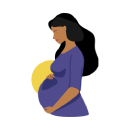
287
pregnant and lactating women received antenatal care (ANC) and postnatal care (PNC)

97
children immunized

605
patients attended health camps

159
pregnant and lactating women attended nutrition workshops

234
families trained in kitchen gardening practices

10
collectives formed with 300 pregnant women and adolescent girls

121
adolescent girls trained in life skills sessions.













